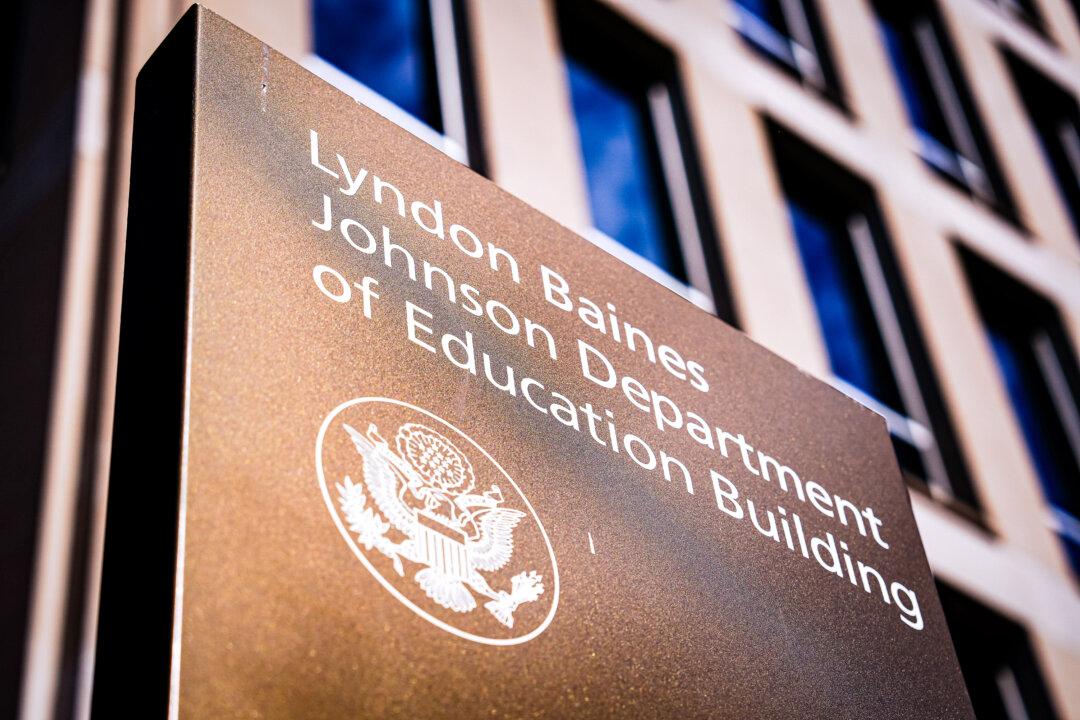The Biden administration is delaying a rule that would prohibit colleges from automatically charging students for textbooks and supplies as part of tuition.
The proposed change was expected this fall, but the U.S. Department of Education said on July 17 that it won’t be published until next year, leaving its fate hanging on the election result.





